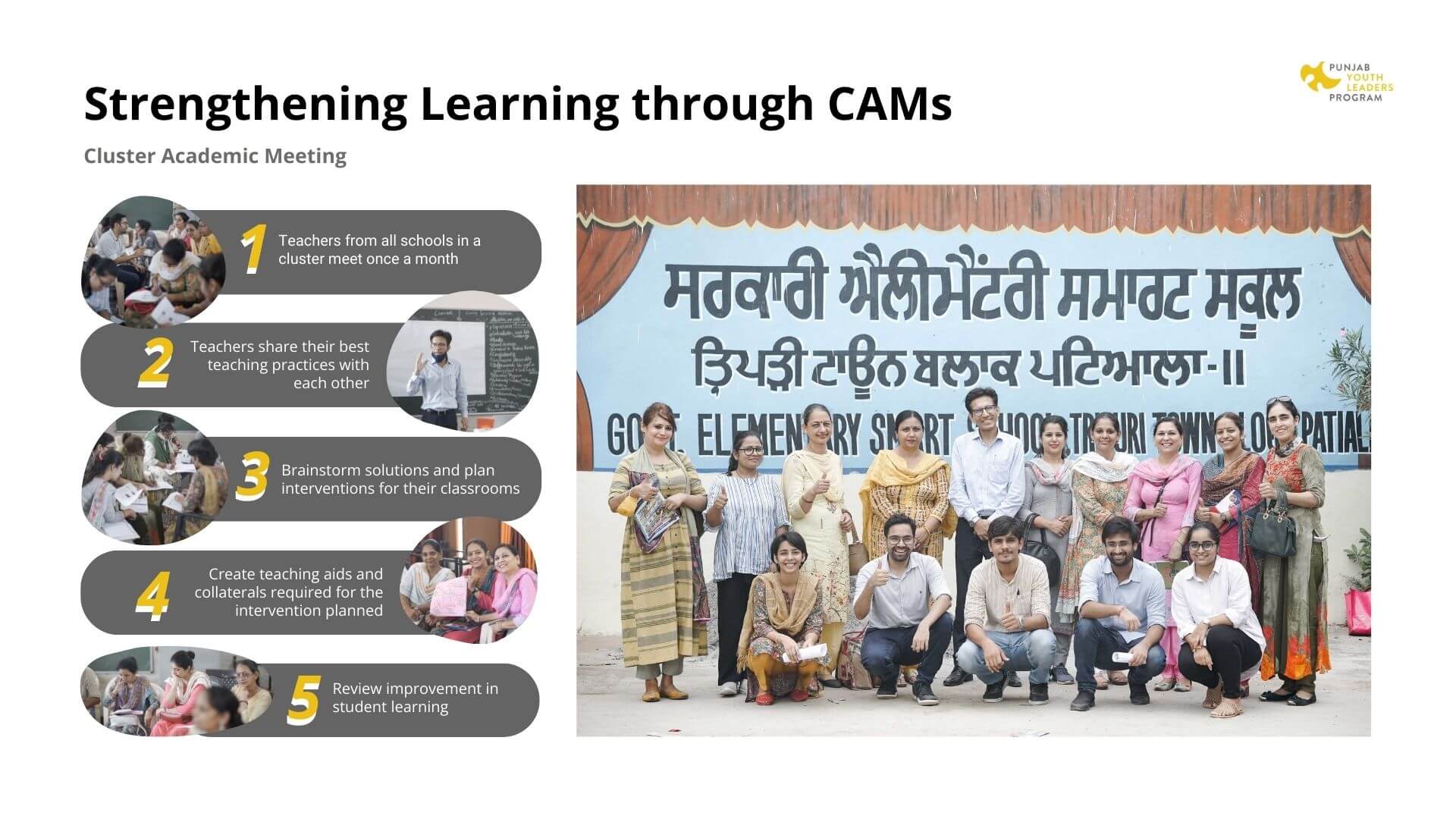Empowering Transgenders In Punjab Through Technical Training

Table of Contents
The Need for Technical Training in the Transgender Community of Punjab
The transgender community in Punjab faces systemic barriers to accessing education and employment opportunities. Deep-rooted societal stigma and discrimination often lead to limited educational attainment and exclusion from the formal workforce. This transgender employment gap in Punjab is a significant concern, contributing to widespread poverty and economic hardship. The socio-economic challenges transgender individuals face are complex and multifaceted, requiring targeted interventions to address the skill gap within this community. These challenges manifest in several key areas:
- High unemployment rates among transgender individuals: Many transgender people in Punjab are forced into informal, low-paying work, lacking job security and benefits.
- Limited access to education and vocational training: Traditional educational institutions often lack inclusive policies and support systems for transgender students, hindering their academic progress.
- Prevalence of discrimination and stigma in the workplace: Even with qualifications, transgender individuals frequently face discrimination, rejection, and harassment from potential employers.
- Poverty and lack of economic opportunities: The lack of sustainable employment leads to a cycle of poverty, impacting health, well-being, and overall quality of life.
Addressing these challenges requires a proactive and comprehensive approach, with technical training playing a central role in empowering transgender individuals and providing them with the tools for economic self-sufficiency.
Types of Relevant Technical Training Programs
Providing transgender individuals in Punjab with in-demand technical skills is crucial for their economic empowerment. Focusing on skills that offer high employability and potential for growth is essential. Several technical training programs can be particularly beneficial:
- IT and software development training: The IT sector offers numerous opportunities, with roles ranging from software developers and programmers to data analysts and cybersecurity specialists. Providing training in these areas can open doors to well-paying jobs and a promising career path.
- Web design and development courses: The growing demand for website designers and developers presents another excellent avenue for employment. This field allows for flexibility and the potential to work independently or remotely.
- Digital marketing and social media management training: In today's digital age, businesses rely heavily on online marketing. Skills in this area are highly sought after, providing versatile employment options.
- Specialized vocational skills based on market demand: Tailoring training programs to specific market needs in Punjab – such as tailoring, beauty services, or other trades – can ensure that graduates possess skills with immediate applicability.
These types of training empower transgender individuals to pursue diverse career paths, improve their economic stability, and build a more secure future.
Success Stories and Impact of Technical Training
While data on transgender employment in Punjab specifically is limited, anecdotal evidence and experiences from similar initiatives in other regions showcase the transformative impact of technical training. Several case studies illustrate the positive outcomes:
- Case studies of individuals who have successfully completed training programs: Stories of transgender individuals who have acquired new skills, secured employment, and improved their living standards through technical training programs are powerful testimonials to the effectiveness of these initiatives.
- Examples of successful employment outcomes: Highlighting individuals who have found stable employment in their chosen fields after completing training programs provides concrete evidence of the program's success.
- Quantifiable data on improved income and living standards: Where available, quantifying the increase in income and improvement in living standards for program participants strengthens the argument for scaling up such initiatives.
- Testimonials from transgender individuals who have participated in training: Direct quotes from participants sharing their experiences and the positive impact of the training add a human element to the narrative.
These success stories demonstrate the transformative power of technical training in improving the lives of transgender individuals and fostering economic independence.
Challenges and Opportunities for Scaling Up Technical Training
Despite the evident benefits, scaling up technical training initiatives for the transgender community in Punjab faces several challenges:
- Securing funding for sustainable training programs: Consistent funding is crucial for the long-term viability and impact of these programs. Collaboration with government agencies, NGOs, and the private sector is vital to securing sustainable funding.
- Addressing the lack of awareness among potential trainees: Many transgender individuals may be unaware of the availability of training programs or hesitant to participate due to past experiences of discrimination. Effective outreach and awareness campaigns are crucial.
- Collaborating with government agencies and private sector partners: Strong partnerships are essential for creating a supportive ecosystem that facilitates access to training, employment opportunities, and ongoing support.
- Developing effective outreach and recruitment strategies: Targeted outreach strategies are needed to reach marginalized communities and ensure that training programs are accessible and inclusive.
Overcoming these challenges requires a collaborative effort involving government bodies, NGOs, the private sector, and the transgender community itself. By working together, we can create a sustainable and impactful system of support that empowers transgender individuals to reach their full potential.
Conclusion
Empowering transgender individuals in Punjab through technical training is not merely a matter of social justice; it's an economic imperative. By equipping them with the skills and knowledge needed for success in the modern workforce, we break down barriers to employment, foster economic independence, and contribute to a more inclusive and equitable society. The success stories and potential for positive change are undeniable. The transformative power of technical training offers a pathway to a better future for the transgender community.
We urge readers to support organizations dedicated to transgender empowerment in Punjab through technical training. Whether through volunteering, donations, or advocating for inclusive policies, your contribution can help create a more just and equitable future for this community. Let's continue our commitment to empowering transgenders in Punjab through technical training and build a brighter future for all.

Featured Posts
-
 Prayer Vigil For Madeleine Mc Cann To Have Enhanced Police Presence After Stalking Reports
May 09, 2025
Prayer Vigil For Madeleine Mc Cann To Have Enhanced Police Presence After Stalking Reports
May 09, 2025 -
 Palantir Stock Evaluating The 40 Growth Projection For 2025
May 09, 2025
Palantir Stock Evaluating The 40 Growth Projection For 2025
May 09, 2025 -
 Support Grows For Wynne Evans Following Allegations
May 09, 2025
Support Grows For Wynne Evans Following Allegations
May 09, 2025 -
 23 Year Old Woman Believes She Is Madeleine Mc Cann New Dna Test Results
May 09, 2025
23 Year Old Woman Believes She Is Madeleine Mc Cann New Dna Test Results
May 09, 2025 -
 Bao Hanh Tre Em Tai Tien Giang Phai Xu Ly Nghiem Va Ngan Chan Tuong Tu
May 09, 2025
Bao Hanh Tre Em Tai Tien Giang Phai Xu Ly Nghiem Va Ngan Chan Tuong Tu
May 09, 2025
